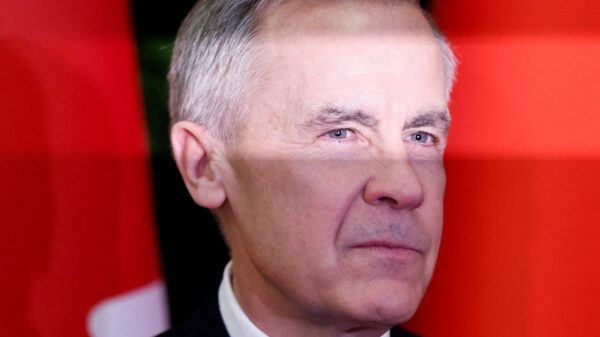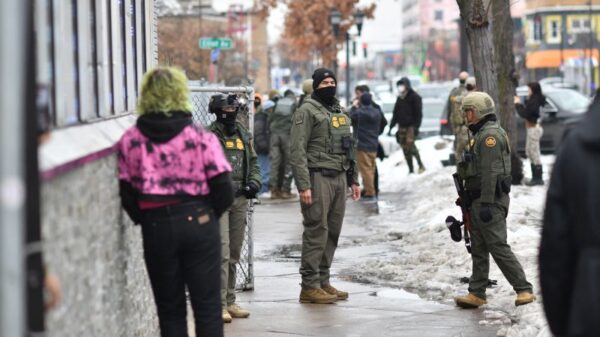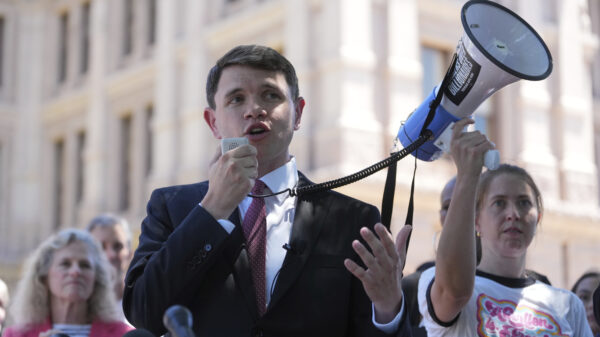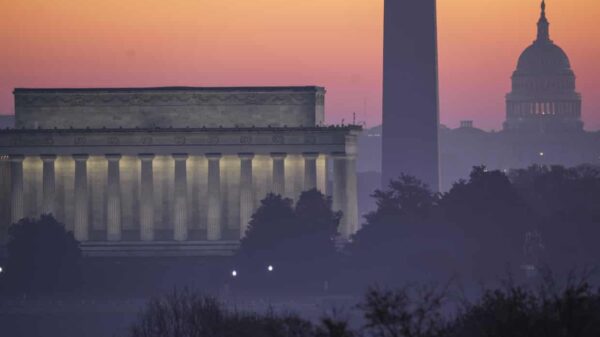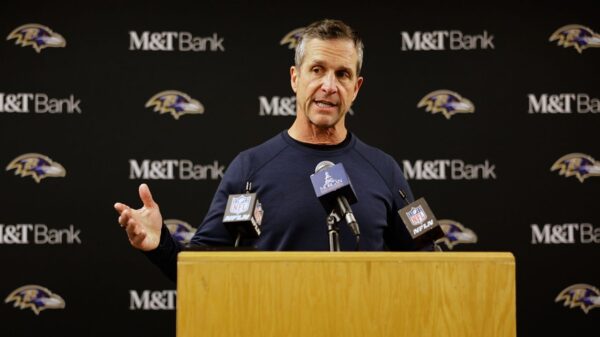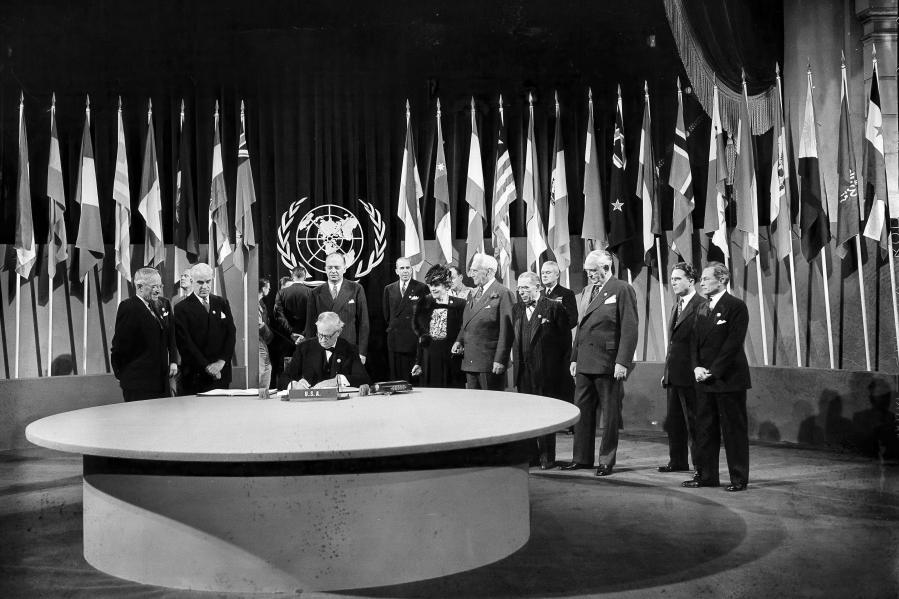The role of the United Nations (UN) is increasingly questioned as global challenges escalate, prompting urgent discussions about its future effectiveness. Current events suggest that the international body may need to reassess its strategies to remain relevant in today’s rapidly changing landscape.
Recent reports highlight a growing sentiment among member states that the UN must evolve to address pressing issues such as climate change, geopolitical tensions, and public health crises. Without a clear path forward, the implications for global cooperation are significant.
Rising Global Challenges Demand Action
The international community has witnessed an alarming rise in conflicts and humanitarian crises worldwide. According to a March 2024 analysis by the UN Office for the Coordination of Humanitarian Affairs, over 300 million people currently need assistance, a figure that has nearly doubled in just five years.
These challenges have prompted calls for a re-evaluation of the UN’s peacekeeping missions, which have faced criticism for their effectiveness in conflict resolution. Many argue that the UN’s traditional methods are no longer sufficient to address the complexities of modern warfare and political instability.
Furthermore, the ongoing effects of climate change present unprecedented threats that the UN must tackle head-on. The recent COP28 conference underscored the urgency of collaborative global action, yet many member states left with unresolved commitments. The UN’s ability to facilitate these discussions is under scrutiny, raising questions about its capacity to lead on environmental issues.
Calls for Reform and Renewed Focus
In light of these pressing challenges, several nations are advocating for significant reforms within the UN. Proposals include enhancing the decision-making powers of the General Assembly and increasing funding for humanitarian programs. Specifically, some member states have suggested that the UN’s budget for peacekeeping operations, currently at approximately $6.5 billion, should be expanded to better support missions in conflict zones.
Moreover, the UN’s role in addressing health emergencies has come into sharper focus since the COVID-19 pandemic. The organization faced criticism for its response during the crisis, leading to calls for improved coordination among nations to ensure timely and effective responses to future health threats.
As discussions continue, the question remains: can the UN adapt to meet the evolving needs of the international community? The stakes are high, as the future of global cooperation hinges on the organization’s ability to remain relevant and effective.
In conclusion, the UN stands at a crossroads. With rising global challenges demanding immediate attention, the organization must undertake significant reforms to ensure it can fulfill its mission in the 21st century. The world is watching as the UN navigates this critical juncture in its history.








